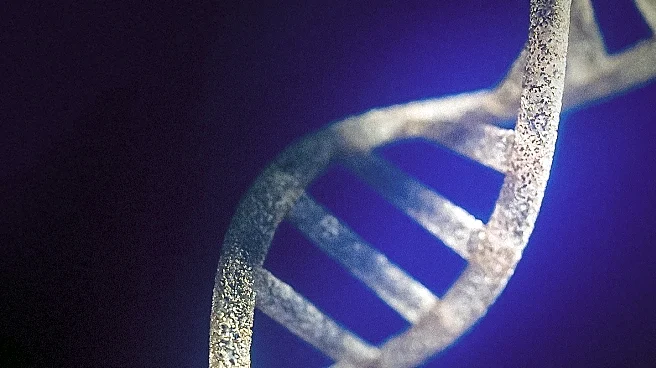What's Happening?
The FDA has updated the labeling for Sarepta Therapeutics' gene therapy Elevidys, used for treating Duchenne muscular dystrophy, by adding a boxed warning. This warning highlights the risk of serious liver
toxicities and potential death associated with the therapy. The FDA has also restricted Elevidys' use to ambulatory patients aged four and older with a confirmed DMD gene mutation, excluding nonambulatory patients. This decision follows reports of severe liver injury and deaths in patients treated with Elevidys, prompting the need for enhanced safety measures.
Why It's Important?
The FDA's decision to impose a boxed warning on Elevidys underscores the importance of patient safety in gene therapy treatments. While Elevidys offers a promising option for managing Duchenne muscular dystrophy, the associated risks necessitate careful monitoring and patient selection. This move may impact Sarepta's market strategy and patient access to the therapy, potentially affecting the company's financial performance. It also highlights the challenges faced by the gene therapy industry in balancing innovation with safety, influencing regulatory approaches and public perception of these advanced treatments.
What's Next?
Sarepta is required to conduct a post-marketing observational study involving approximately 200 patients to further assess the risk of liver injury associated with Elevidys. This study will involve periodic liver function tests over a 12-month period. The company is also expected to focus on its siRNA pipeline, shifting away from gene therapies following the recent safety concerns. The FDA's decision may prompt other companies in the gene therapy space to reevaluate their safety protocols and regulatory compliance strategies, potentially influencing future developments in the field.










